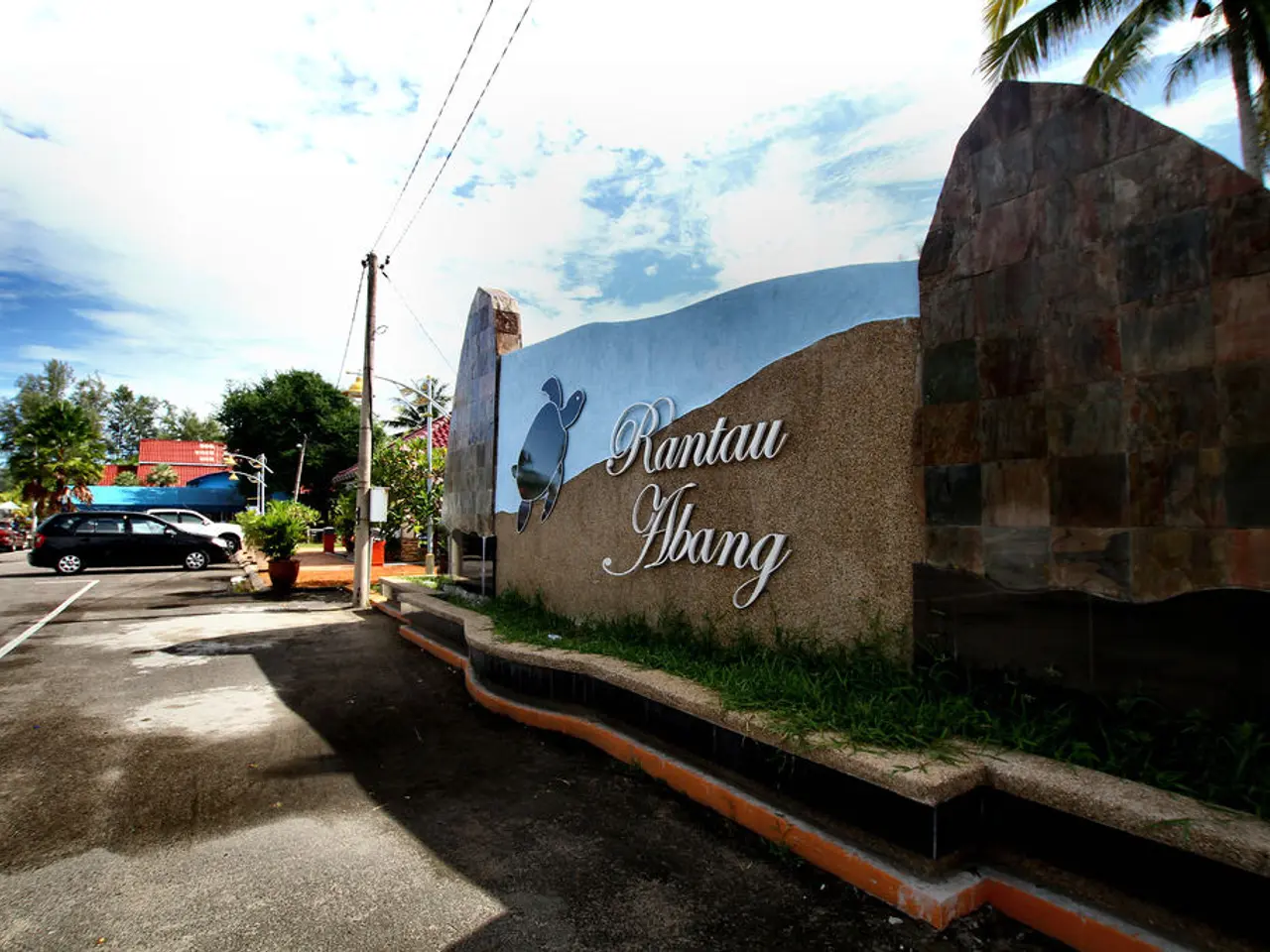Leading Electric Vehicle Charging Network Reliability: Tesla and Rivian at the Top
In a recent survey conducted by Consumer Reports, EV charging networks have come under scrutiny, with Rivian and Tesla leading the pack in terms of efficiency.
The survey, which gathered responses from 1230 EV owners between March 2024 and February 2025, highlighted common issues such as malfunctioning payment systems and faulty charging hardware. Despite these challenges, Rivian and Tesla stood out for their impressive performance.
Rivian is expanding its charging network to accommodate more EV drivers, with a notable efficiency considering its smaller scale compared to Tesla's network. The company's Adventure Network, with less than 100 sites and less than 600 chargers, has achieved an impressive 5% problem rate, nearly matching Tesla's efficiency.
Tesla, operating the largest charging network for electric cars in the USA, recently reported the fewest problems. The reliability of its Supercharger network, with over 65,000 chargers worldwide, is a significant factor in its appeal to EV drivers. Tesla's North American Charging Standard (NACS) connectors are being integrated into more automakers' vehicles, making its Supercharger network a go-to charging solution for an increasing number of EV drivers.
The Supercharger network had the fewest reported issues, with just 4% of users encountering problems. This is a stark contrast to the problem rate of EVgo (43%) and Blink (41%). Shell's Recharge network reported problems in nearly half (48%) of charging sessions.
Drew Toher, a campaign manager at Consumer Reports, stated that the survey data will hold charging networks accountable and improve drivers' experience with public charging. Tesla has also taken steps to make its network more accessible, opening its Supercharger network to non-Tesla EVs. Rivian is following suit, with the first station available to non-Rivian EVs located in Joshua Tree National Park, California.
The most common issues stemmed from broken or unresponsive screens or error messages, accounting for 76% of all charger-related issues. Furthermore, 19% of reported payment issues involved a transaction that was accepted but failed to initiate a charge.
In conclusion, the survey results underscore the need for improvements in the EV charging network, particularly in addressing payment issues and faulty hardware. Both Rivian and Tesla are setting the bar high, demonstrating that efficient and reliable charging networks are possible.
Read also:
- Peptide YY (PYY): Exploring its Role in Appetite Suppression, Intestinal Health, and Cognitive Links
- Toddler Health: Rotavirus Signs, Origins, and Potential Complications
- Digestive issues and heart discomfort: Root causes and associated health conditions
- House Infernos: Deadly Hazards Surpassing the Flames








